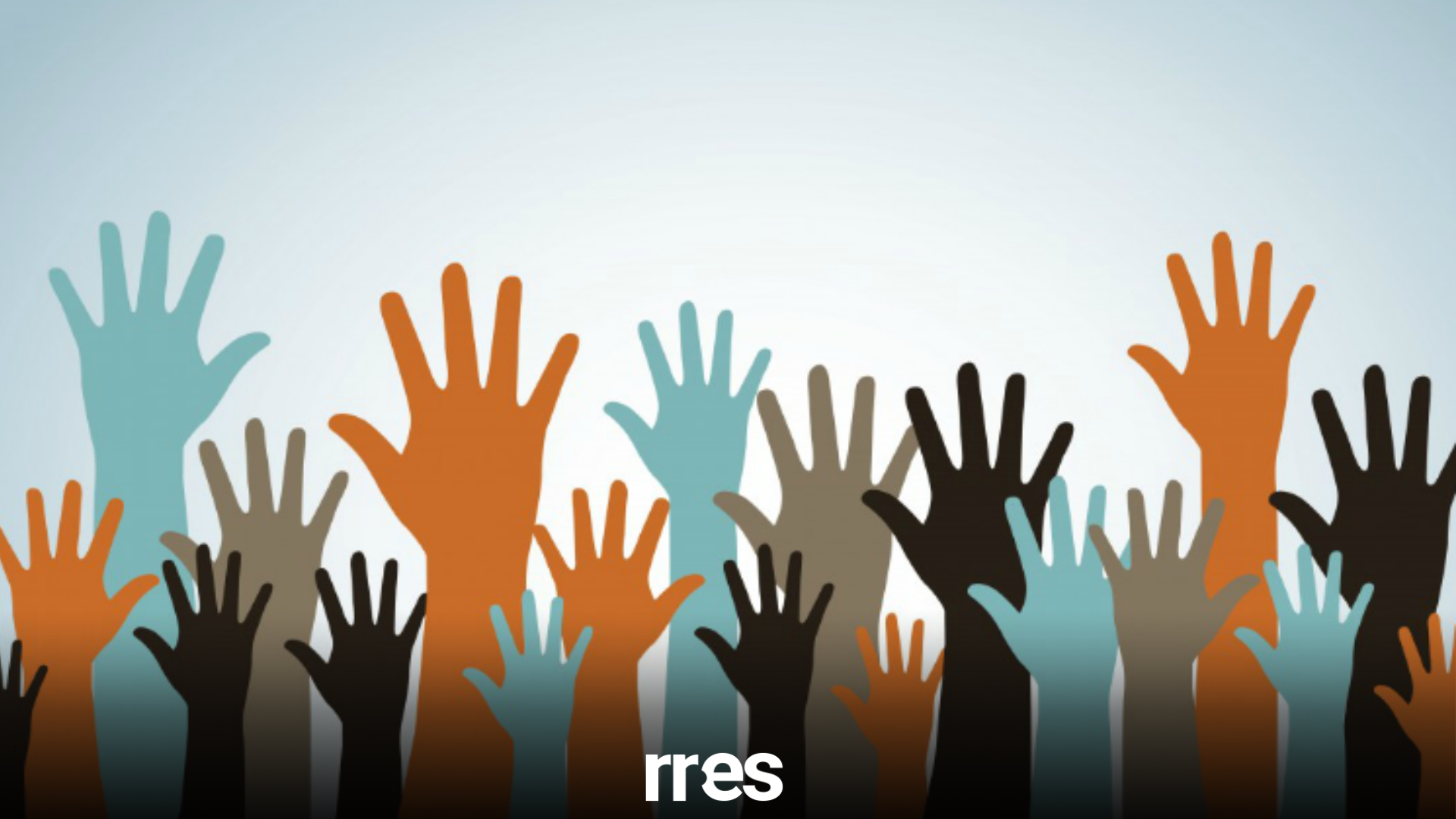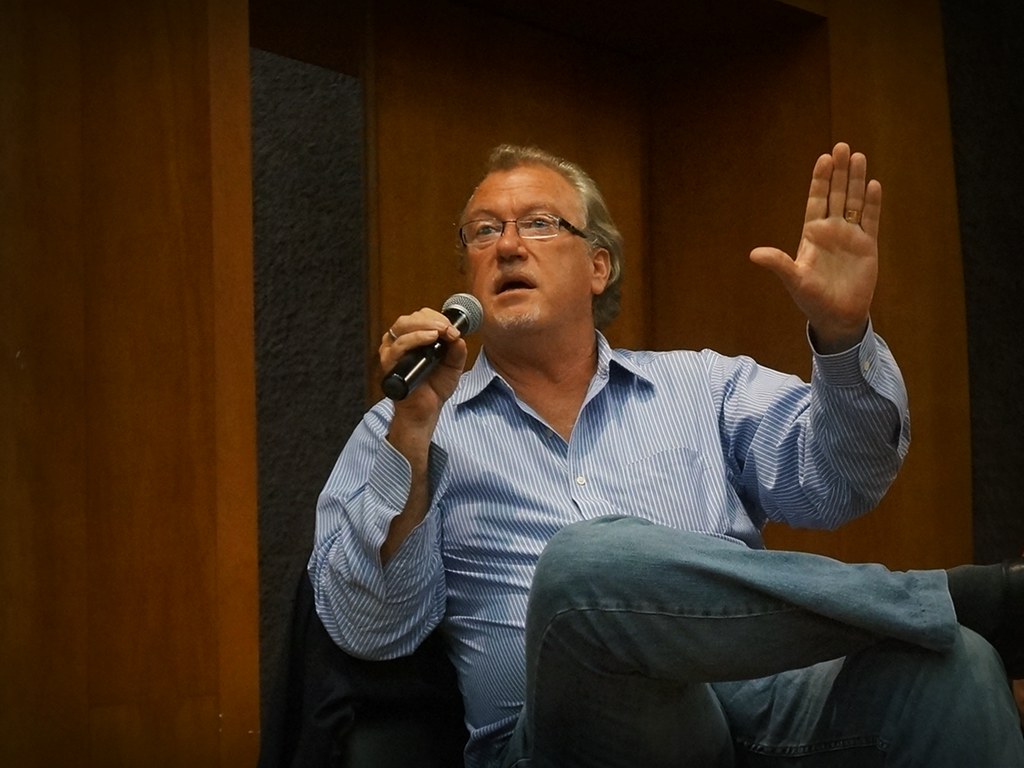Despite recent changes, the order for the registration of NGOs in Venezuela continues to contravene fundamental rights. Lawyers Marianna Romero and Andrea Santacruz emphasize that by restricting the action of human rights organizations, the victims are left defenseless
On March 30, the government of Nicolás Maduro issued a regulation for a new registry of Non-Governmental Organizations (NGOs) operating in the country, through which it demanded the handing over of information regarding the funding and the beneficiaries of the organizations’ programs, in addition to establishing a period for presentation of the required documents.
The provision was met with strong rejection by NGOs and human rights activists in general, who have pointed out its unconstitutional nature and the possibility of having the information used for retaliation against domestic donors and beneficiaries. In the face of this, a new version of the ruling was published on May 6 that eliminates some aspects of the previous order, especially regarding the information on the beneficiaries of the NGOs.
However, human rights lawyers continue to see the regulation as a threat and mention other legal instruments promoted by the government, as well as the legal cases against several NGOs (Azul Positivo), or the accusations of acting to destabilize the country (Provea) to argue that there is an intention to criminalize human rights defenders in Venezuela.
The new regulation introduces three changes
The director of the NGO Acceso a la Justicia, Alí Daniels, assured that the new ruling 002-2021 published on May 3, albeit some improvements in comparison to the previous one, continues to violate fundamental elements of human rights such as the right to freedom of association and international standards in the fight against money laundering and terrorist financing.
He explained that there three main changes in the regulation, the first being the withdrawal of article 6, which instructed the organizations to include a list of their beneficiaries; the second, the elimination of the deadlines for the registration and the review of the documentation and, finally, the withdrawal of article 16, which established open sanctions for non-compliance with the provisions of the ruling.
Daniels pointed out that, despite the improvements, the requirement of introducing the articles of incorporation, bylaws, and duly registered minutes of appointment of boards of directors remains, in violation of article 11 of the Law on the Simplification of Administrative Procedures, which indicates that the public administration should not require documents that rest in its own archives.
The regulation also insists on the provision that, after the delivery of the receipts, a credential will be issued to allow the legal representative of the organization to exercise his functions. In the opinion of Alí Daniels, instating a permit for the work of legal representatives represents a change in the legal regime of civil associations and foundations, something that a ruling cannot do by itself.
“Despite the changes, the new ruling still fails to meet international standards in the fight against money laundering given that the guidelines of the international financial task force indicate that no action can interrupt or discourage the operation of non-profit organizations”, he specified.
Additionally, the new regulation upholds the request of providing information on the alliances of which each organization is part of, something that Daniels rejects, noting that some alliances have the purpose of presenting cases before the International Criminal Court or the office of the UN High Commissioner for Human Rights, Michelle Bachelet, among other international organizations; in addition to the fact that, in his opinion, the measure is discriminatory since the information is not requested in the case of alliances with commercial companies, which shows that the intention is not to have financial information that leads to the prevention of money laundering.
The regulation is seen as a threat
Lawyer Marianna Romero, director at the Center for Defenders and Justice, said that although the original regulation was modified, it is still a threat and a reason of concern for Venezuelan civil society and human rights organizations.
She indicated that, although the new regulation has the positive element of having eliminated the requirement to provide information on the beneficiaries of the organizations’ programs, there are still other elements framed within a policy of criminalization advanced by the State against NGOs in the field of human rights.
“It is still an instrument of sub-legal nature that aims to govern human rights matters. It seeks to establish an unfounded registry and the organizations are still being asked for information about their partners, allied organizations, and donors, all in a context where authorities and high officials constantly threaten the organizations that receive some type of financing and label them ‘enemies’ or ‘terrorists’”, expressed Marianna Romero.
She added that the instrument still contains important gaps and generalities and constitutes a threat because organizations are still considered potential terrorists or related to activities such as organized crime and terrorist financing, which she considers is part of a logic implemented by the State to criminalize the work of defense and demand for human rights.
In this sense, she stressed that the regulation goes hand in hand with the possible approval of a law on international cooperation, which several government officials have said would be used to severely sanction organizations that are considered by the State as destabilizing or interfering.
It has nothing to do with transparency
For lawyer Andrea Santacruz, director at the Human Rights Council of the Metropolitan University, it is important to highlight that, regarding the situation in Venezuela, the ruling does not derive from an alleged search for transparency in the operation of NGOs in the field of human rights.
From her perspective, the government’s argument of guaranteeing the legality of the operations of NGOs and preventing money laundering is insufficient given the legal context in which it occurs.
“The Independent International Fact-Finding Mission pointed out in its report of September last year that crimes against humanity may be occurring in Venezuela, including persecution, within the framework of two existing policies, the first of which is the attack on any form of opposition to the government and, the second, the attack on any person perceived to be contrary to the ideas of the government”, affirmed Santacruz.
She argued that these policies fall within the idea of the ‘internal enemy’, a concept that the mission itself mentions in the report, as well as other organizations.
“The government considers that it has some enemies within the country, starting by the leaders of the opposition; but on March 10, the Fact-Finding Mission indicated in an oral update that the term is being expanded to include NGOs in the field of human rights and organizations that carry out humanitarian work”, said Santacruz.
As an example of this attempt to criminalize the work of NGOs in the field of human rights, the lawyer mentioned the arbitrary detention of the members of Venezuelan NGO Azul Positivo, who still have a pending case against them.
“It is no coincidence that some of the crimes they were charged with include criminal association and money laundering, which are the legal basis for the regulation, within the framework of the Anti-Terrorism Law”, she stressed.
Andrea Santacruz assured that “We are witnessing an act of political criminalization and persecution against organized civil society, especially the NGOs dedicated to human rights and humanitarian law. This not only harms civil society and means the narrowing of civic space, but also affects the beneficiaries, victims of serious human rights violations in Venezuela who have turned to these organizations in search of justice.”
She emphasized that the State is looking for another mechanism of social control, which would be detrimental if we consider that the victims of human rights violations are also victims of instigation and harassment, among other practices.
Stigmatization
Marianna Romero agrees with Santacruz when pointing out the State’s policies that tend to criminalize NGOs in the field of human rights.
“Indeed, what we are seeing in the last two months is a series of factual mechanisms that the State has been creating and establishing to facilitate the criminalization of NGOs in the field of human rights, which has been accompanied by a narrative of stigmatization by senior officials. The Law on National Security, the Law on Defense and Sovereignty, the Law on National Self-Determination, and the Law on Organized Crime and Terrorism, on which the providence is based, are all part of a single structure for criminalization ”she pointed out.
She added to this the Law on International Cooperation, a legislative project that dates from 2015. “It is the framework that precedes this ruling which, by the way, is contrary to international principles and standards, not only due to its sub-legal nature but because it violates the right of association of human rights organizations under International Law, which establishes that the State must guarantee their work without fear of reprisals ”.
Romero stressed that NGOs seek international cooperation not only to obtain financial resources but also technical ones, and to guarantee the human rights of the population, an imperative in Venezuela due to the complex humanitarian emergency and the effects of the covid-19 pandemic. However, she said, the State opts to attack and criminalize.
Defenselessness
For Andrea Santa Cruz, the problem with all this course of action is not the possibility of seeing NGOs in the field of human rights halting their work or ceasing to exist, but the criminalization and persecution of those who defend human rights, which ultimately affects the victims, democracy, and the rule of law.
“Someone that has suffered human rights violations and lives in a country like Venezuela, where the justice system is hardly functioning, usually turns to NGOs as a way to start the path towards justice. NGOs document, report to national and international bodies, disseminate information and raise awareness about what is happening in the country through all the spaces available. If they are not allowed to work, victims will be left without a voice” she warned.
She explained that this does not mean that the victims cannot reach out to international bodies but, as they may not know how to do it, they could find many obstacles along the way that could make them give up.
“Through documentation, organizations are capable of sending condensed information to international organizations that allow them to identify patterns and present them before national and universal protection systems, which ensure compliance with the commitments with human rights acquired by the States in international treaties signed after World War II. Thanks to the work of human rights organizations, the protection systems can learn of possible human rights violations in the country and work to prevent them”.
Translated by José Rafael Medina




